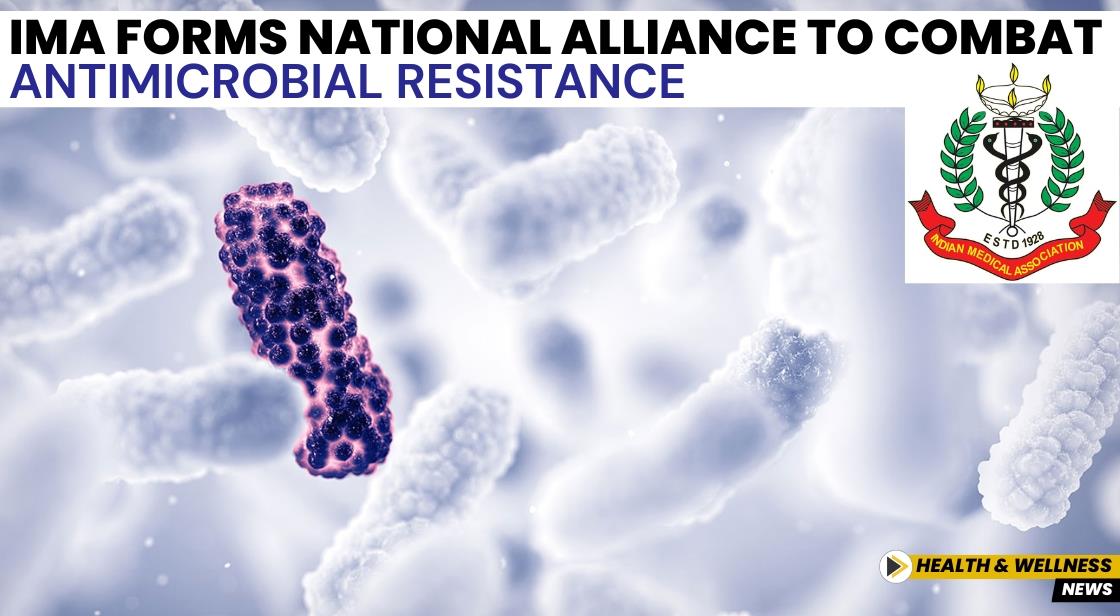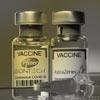IMA Forms National Alliance to Combat Antimicrobial Resistance

News Synopsis
The Indian Medical Association (IMA) has formed a powerful coalition to address the growing crisis of antimicrobial resistance (AMR). The National Alliance of Medical Professionals on Antimicrobial Resistance (NAMP-AMR) brings together 52 medical specialty organizations to combat this urgent health threat.
AMR, the ability of bacteria, viruses, and other germs to resist antimicrobial treatments, poses a significant challenge to global health. In India alone, it was responsible for a staggering 297,000 deaths in 2019, with over 1 million deaths associated with it.
Recognizing the gravity of the situation, the Indian government has also taken steps to address AMR. The Director-General of Health Services (DGHS) has urged pharmacists to dispense antibiotics only by prescription, aiming to curb the overuse of these critical medicines. Additionally, the Ministry of Health and Family Welfare is developing a National Action Plan (NAP) 2.0 for AMR.
The formation of NAMP-AMR marks a crucial step in India's fight against AMR. By uniting medical professionals across the country, the alliance aims to develop effective strategies, raise awareness, and promote responsible antibiotic use. This collaborative effort is essential to mitigating the impact of AMR and safeguarding public health.
The Growing Threat of Antimicrobial Resistance
Antimicrobial resistance (AMR) is a global health crisis that occurs when bacteria, viruses, fungi, and parasites become resistant to antimicrobial medicines, making infections difficult or impossible to treat. This resistance leads to prolonged illnesses, increased risk of death, and higher healthcare costs.
The overuse and misuse of antibiotics are primary contributors to AMR. Over-the-counter availability of antibiotics and their inappropriate prescription have exacerbated the problem.
The Need for a Unified Approach
The formation of NAMP-AMR underscores the urgent need for a coordinated response to AMR. By bringing together medical experts from various specialties, the alliance can leverage collective knowledge and expertise to develop effective strategies.
The collaboration between the IMA and the government is also crucial in addressing AMR. The government's initiatives, such as restricting antibiotic sales and developing a National Action Plan, complement the efforts of the medical community.
The Road Ahead
Tackling AMR is a complex challenge that requires sustained efforts from all stakeholders. NAMP-AMR's formation is a promising step, but much work remains to be done. The alliance will need to focus on raising awareness, promoting responsible antibiotic use, supporting research and development of new antimicrobial agents, and advocating for policies that prioritize AMR prevention and control.
By working together, the medical community, government, and the public can make a significant impact in combating AMR and safeguarding public health for generations to come.
Conclusion
The formation of the National Alliance of Medical Professionals on Antimicrobial Resistance (NAMP-AMR) marks a crucial step in India's battle against the growing threat of antimicrobial resistance (AMR). By uniting medical professionals from across the country, the alliance aims to develop comprehensive strategies, enhance awareness, and promote responsible antibiotic use.
The collaboration between the IMA and the government is essential in addressing this complex issue. The alliance, coupled with government initiatives such as restricting antibiotic sales and developing a National Action Plan, demonstrates a concerted effort to combat AMR.
Addressing AMR requires sustained commitment and collaboration from all stakeholders. The success of NAMP-AMR will depend on its ability to translate its goals into actionable plans, drive behavior change among healthcare providers and the public, and advocate for policies that prioritize AMR prevention and control.
Ultimately, the fight against AMR is a shared responsibility. By working together, India can make significant strides in safeguarding public health and ensuring the continued effectiveness of life-saving antimicrobial medicines.
You May Like









